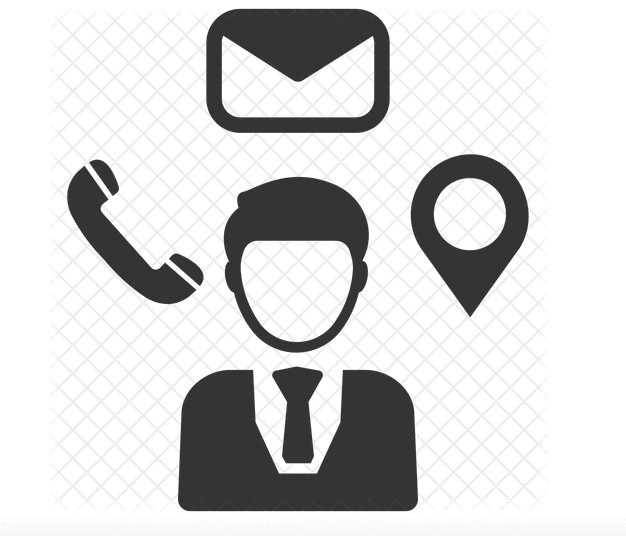
8 Ways to Find Stress Relief During Challenging Times
Stress is a part of life we often deal with every day but there are times when we experience high levels of stress and anxiety. It’s easy to feel overwhelmed when life becomes unpredictable, and we can’t control how circumstances will turn out. The good news is that when it comes to managing both normal and extreme stress, there are tools and techniques to help us through.
Here are 8 ways to alleviate stress:
- Get moving
We’ll all heard that adding exercise to our lives on a regular basis can not only improve us physically but mentally as well. Exercise is a great stress reducer. Try walking, running, biking, yoga, lifting weights, or even dancing to music in your living room. Adding a new type of activity to your routine can be fun—and more so if done with a friend.
- Be in nature
Being in nature can often provide peace and calm when you most need it. A stroll in the woods gets you out of the house, offers fresh air and beauty, and can often re-connect us with what is important in our lives. Even if you live in an urban area, it can benefit you to stroll down a shopping district or find parks to visit and enjoy.
- Connect with others
When we are isolated and alone, we can lose connection to people causing us deeper emotional turmoil. Reach out to those people in your life who may uplift you, empathize with your situation, and provide insight. Just connecting with others whether through email, phone, video, or in-person can provide a sense of hope, comfort, and a feeling that we are not alone.
- Get creative
Creativity can stem a feeling of purpose, hope and improve our spirits when we are feeling stressed. Make ‘creating’ a habit in your daily life. Try discovering an artistic sense through painting, music, photography, or writing. Adding this to your life on a regular basis also gives you something else to focus on besides being stressed.
- Eat healthy
How we eat can have a big effect on how we feel whether it’s with our physical health or mental health. Look to reduce or eliminate sugar, processed foods, and fast foods. Drink more water, eat more vegetables, and cut back on high levels of caffeine as they can add to anxiety. Try new recipes to inspire new eating or cook together as a family. Have healthy snacks on hand to grab-and-go and freeze healthy meals so they can be easily re-heated.
- Practice good sleep habits
We all know that getting a good night’s sleep is key to having a productive next day, but sometimes getting that sleep is hard if we are stressed out. We need 7-8 hours of sleep each night on a regular basis to repair the stress factors we encounter each day. One way to aim for this, is to create a consistent sleep schedule. This includes going to bed at the same time each evening and refraining from eating, drinking, or exercising two hours before bedtime.
- Meditate
Meditation on a daily basis can provide a sense of peace, focus, and calm. This deep state of relaxation also is known to reduce worry and anxiety. Try a meditation app to get started or research different kinds of meditation techniques. Some, like transcendental meditation, even provide training on the best way to practice and achieve the most benefit.
- Be positive
Negative thinking can add to our stress levels. Saying positive affirmations throughout the day can help take the focus off tense situations, re-direct our thoughts, and calm our mind. These can be done by creating your own phrases starting with key words like, “I am happy about …”, I am grateful for …”, and “I am joyful that…”. One way to create the habit of doing this daily is to have check-ins with yourself. Be self-aware of how you are feeling throughout the day. Stop what you are doing and ask yourself, “How am I feeling right now?” If you’re feeling bad, then take a break to focus on positive things in your life.
These steps may not alleviate all of your stress, but they can help you navigate challenging life situations to gain new perspective and strength to get through them. Adding these strategies to your life on a regular basis will help you manage stressful events, no matter how small or large.





